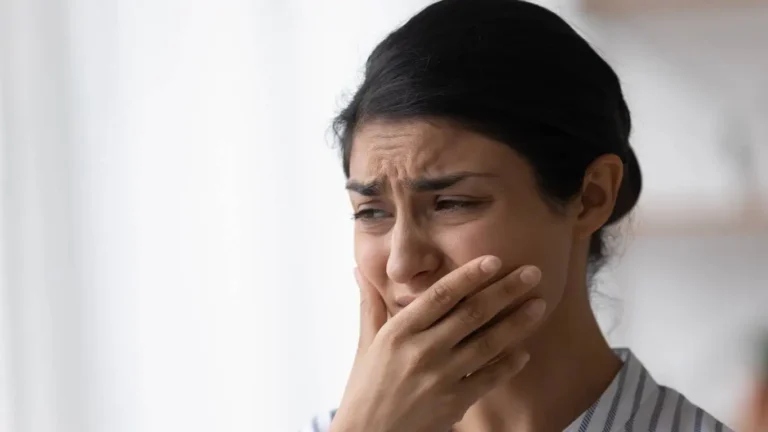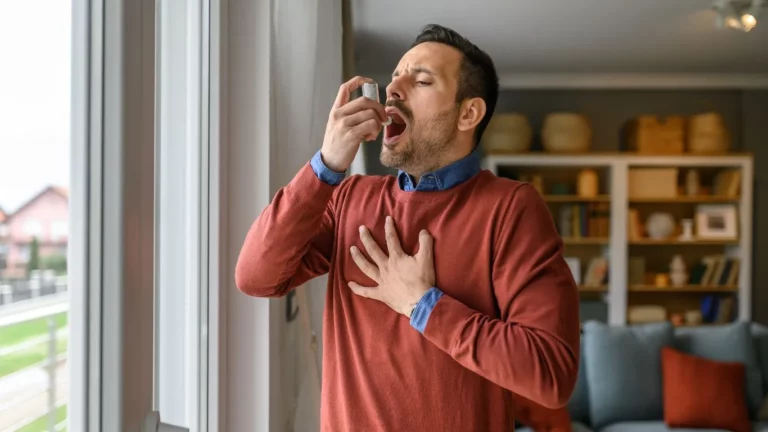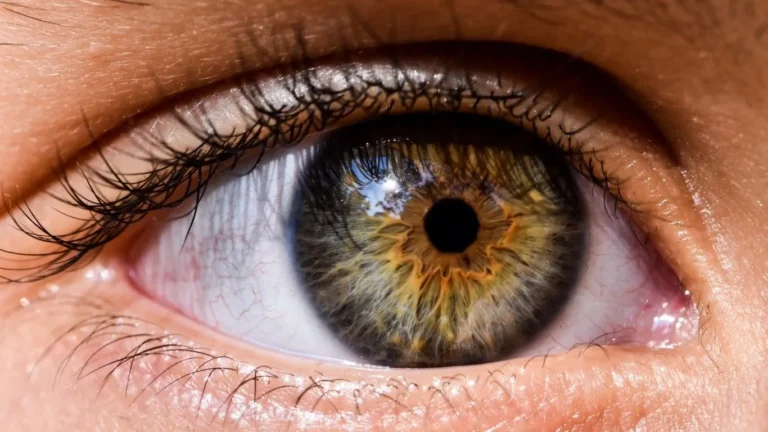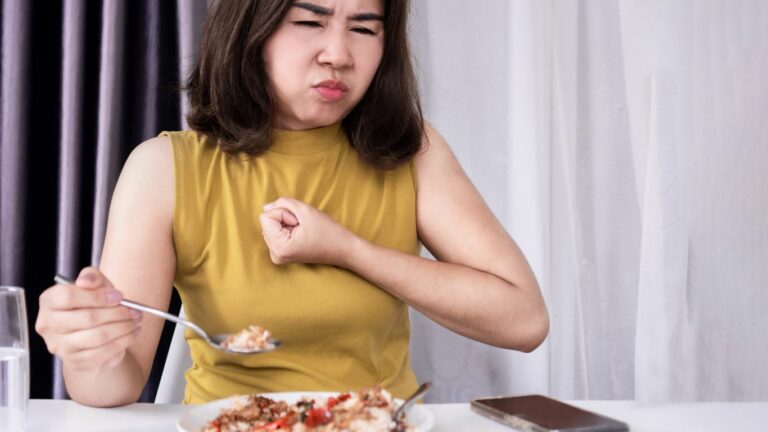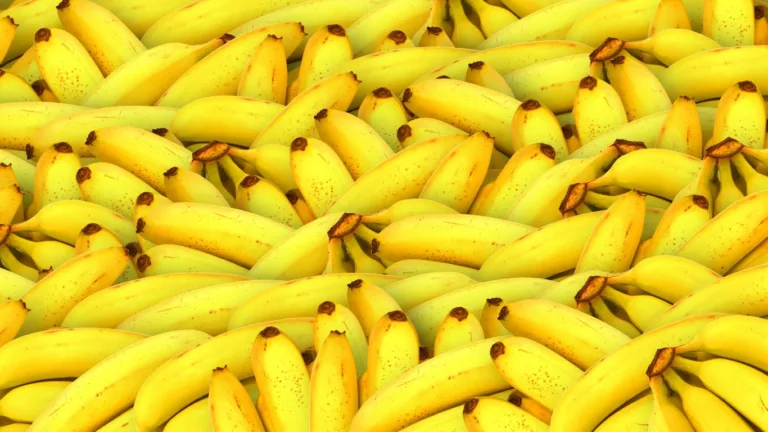Best Water Intake Schedule for Hypertension: Your Complete Guide
When it comes to managing hypertension, the importance of proper hydration is often overlooked. We all know that drinking water is essential for health, but did you know that a well-structured water intake schedule can play a crucial role in managing high blood pressure? As someone who has spent years working with hypertension patients, I can’t stress enough how simple changes, like adjusting your water intake, can help you keep your blood pressure levels in check.
Hydration and high blood pressure may seem like unrelated topics at first, but they’re closely connected. Dehydration can cause your blood vessels to tighten, making it harder for your heart to pump blood effectively, which could lead to an increase in blood pressure. On the other hand, staying properly hydrated supports healthy circulation, better kidney function, and overall cardiovascular health. So, if you’re wondering, “What’s the best water intake schedule for hypertension?” let’s dive into that and see how making hydration a priority can make a difference in your health.
Why Hydration Matters for Hypertension
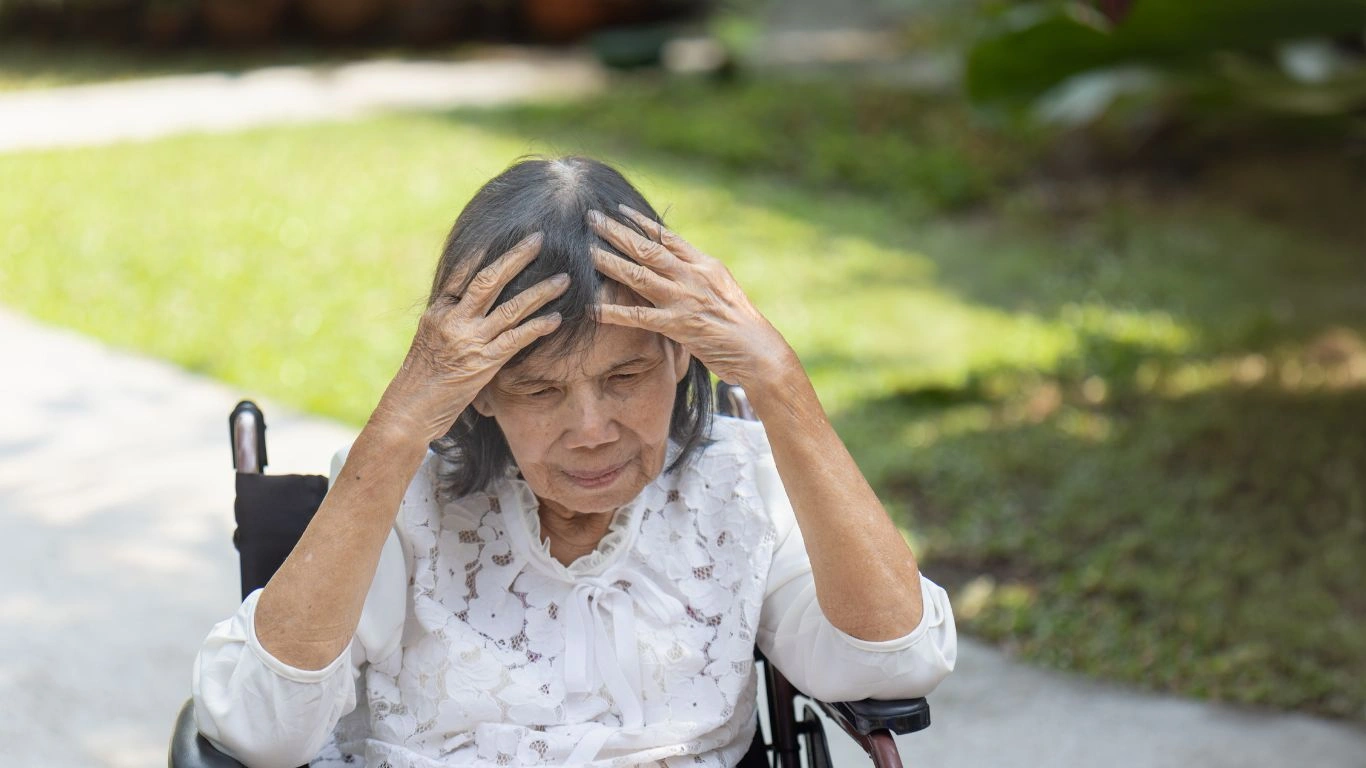
It’s no secret that water is a life-sustaining element, but what most people don’t realize is just how much it can affect our cardiovascular system, especially in those with hypertension. High blood pressure occurs when the force of the blood against the walls of the arteries is too high. This can lead to various complications, such as heart disease, kidney problems, and stroke. A key factor in controlling hypertension is ensuring that your blood flow remains smooth and unrestricted. Hydration helps your body maintain proper blood viscosity, which supports easier blood flow.
Dehydration, on the other hand, can have the opposite effect. When you don’t drink enough water, your blood becomes thicker, making it harder for your heart to pump blood effectively. This added strain on your heart can cause an increase in blood pressure. Think of it as trying to push a thick liquid through a narrow pipe—it’s much harder to do than pushing water through the same pipe. That’s why a proper hydration routine is so critical in managing your blood pressure.
The Best Water Intake Schedule for Hypertension
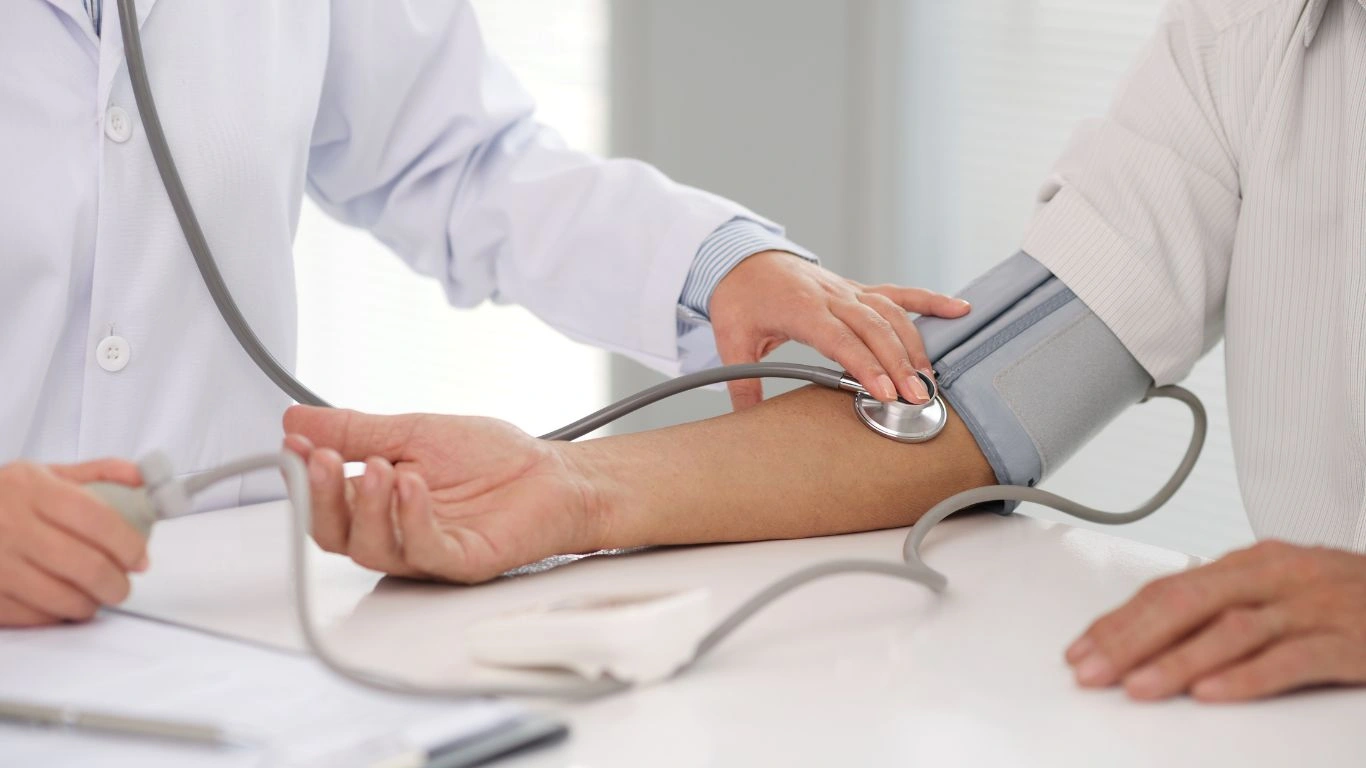
So, how do you know the best way to stay hydrated to support your blood pressure management? The key is to spread your water intake throughout the day and not just chug it all at once. Our bodies are designed to process water gradually, and the same goes for blood pressure regulation. Instead of gulping down large amounts of water in one sitting, aim for a steady, consistent intake throughout the day to give your body time to absorb and utilize it effectively.
Morning Hydration
Start your day off right by drinking a glass of water as soon as you wake up. This helps kickstart your metabolism, rehydrates your body after hours of sleep, and sets the tone for the rest of the day. It’s also a good habit to have a small amount of water first thing in the morning before having your coffee or tea. Trust me, it will do wonders for your body. I always recommend having a water bottle by your bedside table for easy access.
Mid-Morning Hydration
Around mid-morning, aim to drink another glass of water. At this point, you’ll have burned through some of the hydration from your morning glass, and your body will be craving more. I find that many people often forget to drink water during this time because they’re busy at work or running errands, but it’s crucial to keep your hydration levels up. Having a water bottle on hand can be a helpful reminder.
Before Meals
Drinking water before meals not only helps with hydration, but it also aids in digestion. A glass of water about 30 minutes before eating can help regulate your appetite and improve your digestion process. Plus, it helps your body get ready to absorb nutrients from the food you’re about to eat, which can have a positive impact on your overall health, including your blood pressure levels.
Throughout the Afternoon
In the afternoon, it’s easy to experience a dip in energy levels, but water can be a great natural pick-me-up. Aim to drink water in smaller amounts throughout the afternoon to keep your hydration steady. This can prevent you from getting dehydrated by the time you get home from work or finish up your daily activities. Sometimes when I’m feeling a little sluggish, I find that just a couple of sips of water can help me feel more alert and focused.
Evening Hydration
Evening hydration is important as well, but make sure not to overdo it right before bed. I recommend having a glass of water about an hour or two before you go to sleep. This ensures that your body is still properly hydrated throughout the night but doesn’t leave you running to the bathroom in the middle of your sleep. The goal is to balance hydration without disrupting your sleep cycle.
Listening to Your Body
Remember, hydration isn’t just about following a strict schedule. It’s also about listening to your body. If you’re thirsty, drink water. If you feel dry mouth or headaches, these are signs that your body needs more water. Be mindful of how you feel, and don’t hesitate to increase your water intake on particularly hot days or after intense physical activity. Also, keep in mind that other beverages like herbal teas and water-rich foods (such as fruits and vegetables) can contribute to your daily hydration needs.
How Much Water Should You Drink?
Now that we’ve discussed the best water intake schedule for hypertension, the next question you might have is: how much water should you actually be drinking each day? The general recommendation is about eight 8-ounce glasses of water a day, but this can vary based on individual needs, such as age, gender, weight, and activity level. I often tell my patients that it’s more important to focus on staying consistently hydrated throughout the day rather than aiming for a specific number of glasses. Of course, if you’re unsure, it’s always a good idea to consult with your doctor to determine your personalized water intake needs.
Factors That Can Affect Your Water Intake
- Activity level: If you exercise regularly or work in a physically demanding job, you may need more water to replace the fluids lost through sweat.
- Climate: Hot weather or living in high-altitude areas can increase your need for hydration.
- Age: Older adults may have a diminished sense of thirst, so they need to be more mindful of their water intake.
- Health conditions: Certain conditions like diabetes or kidney disease may require more tailored hydration strategies.
Conclusion
Proper hydration is a simple yet powerful tool for managing high blood pressure. By following a well-balanced water intake schedule throughout the day, you’re giving your body the support it needs to regulate blood flow, reduce strain on the heart, and maintain healthy blood pressure levels. Remember, it’s not just about the quantity of water you drink, but also the timing. By making hydration a priority, you’re taking an essential step toward better heart health and overall well-being.
Hydration and Hypertension Medication: A Balance You Can’t Ignore
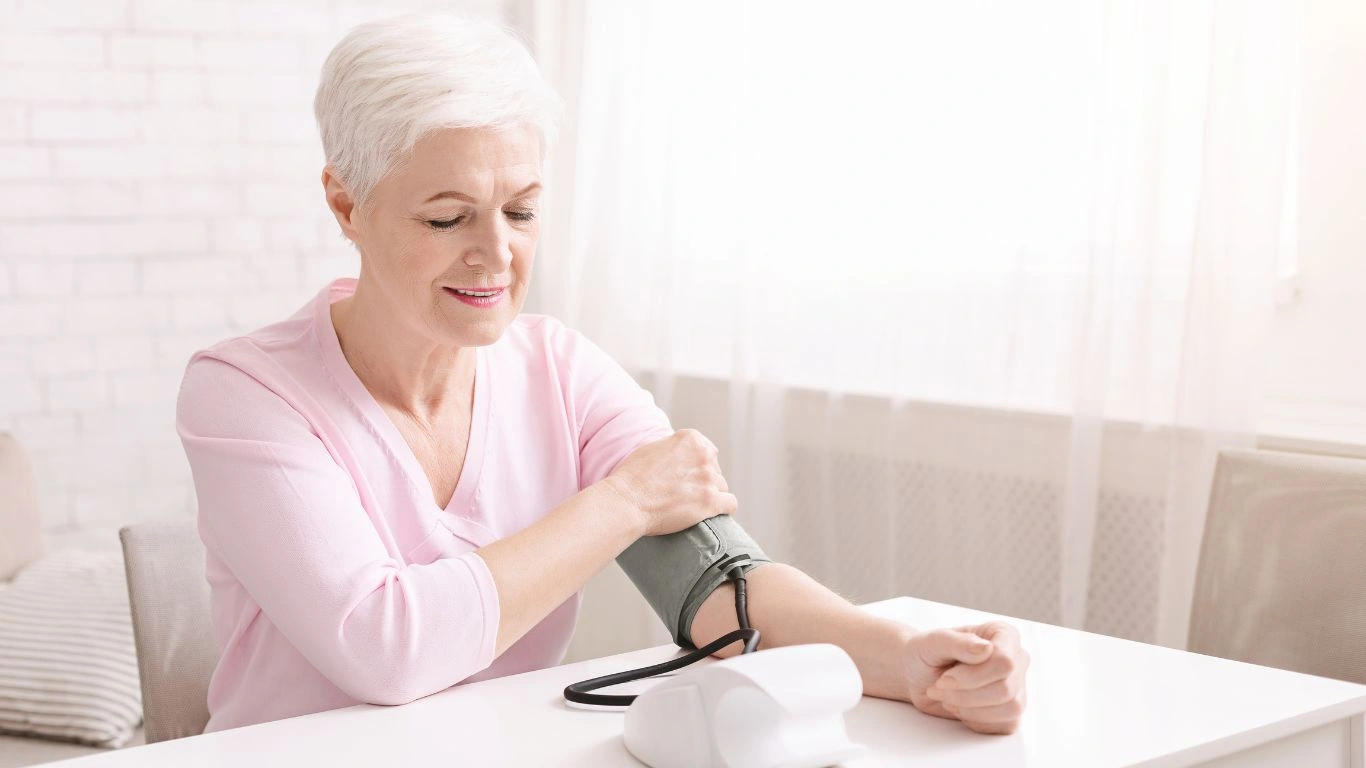
Managing hypertension often involves a combination of lifestyle changes and medication. If you’re on blood pressure medication, you might wonder how hydration fits into the equation. I’ve had several patients ask me if drinking more water would somehow interfere with their meds. The short answer is no, but the long answer is a bit more nuanced. Proper hydration can actually enhance the effectiveness of hypertension medication, as it helps your body maintain optimal circulation and kidney function.
Blood pressure medications work in various ways, such as relaxing your blood vessels or reducing the amount of salt your body retains. But for these medications to work efficiently, your body needs to be properly hydrated. Dehydration, on the other hand, can put extra strain on your kidneys, which are crucial for processing the medications. Plus, when you’re dehydrated, your blood volume decreases, which can lead to your heart working harder and possibly raising your blood pressure.
One of the things I emphasize in my practice is to never ignore your hydration while on hypertension medication. In fact, staying hydrated can sometimes help your medications work more efficiently, and you’ll feel better too. Just be sure to avoid over-hydration, as this could cause its own set of problems, especially for those with certain kidney issues. It’s all about balance, as with most things in life!
Can Too Much Water Cause High Blood Pressure?
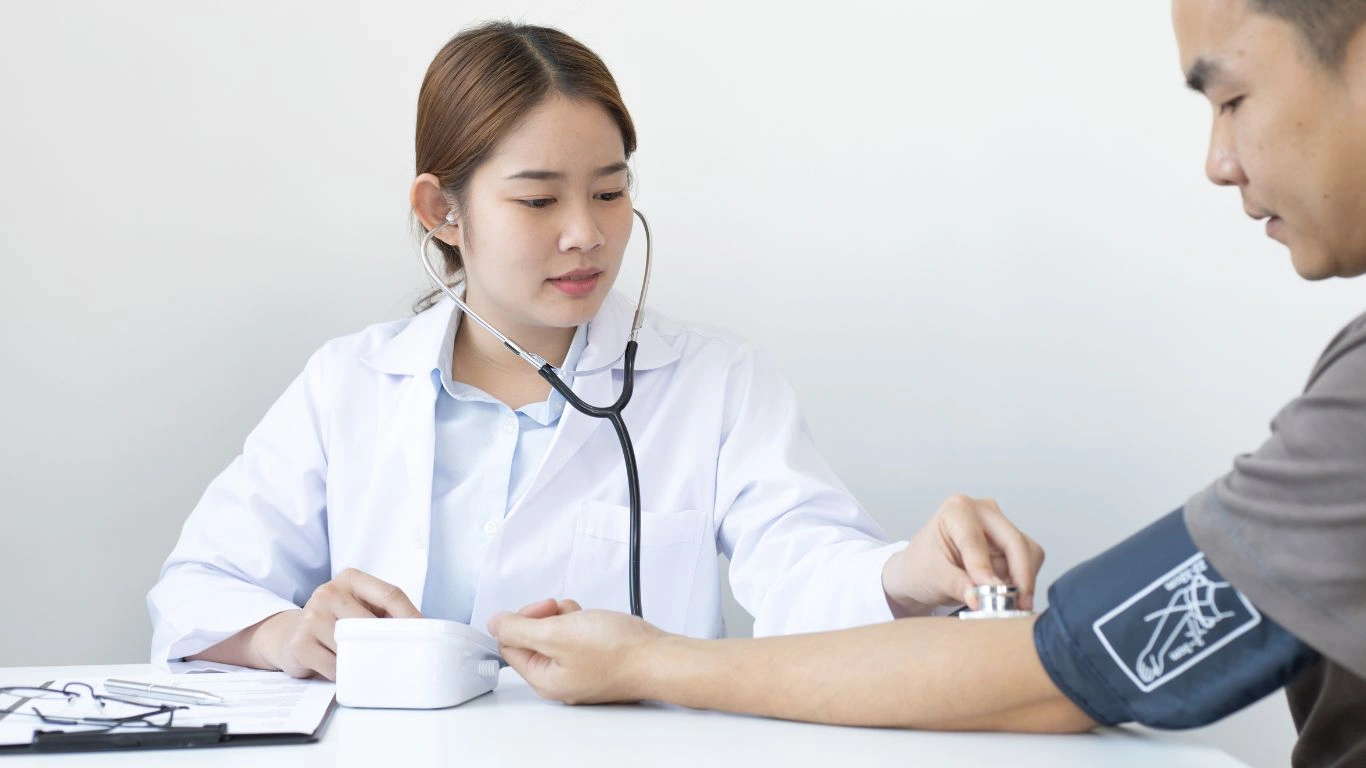
Now, you may be thinking, “If water is good for blood pressure, then can drinking too much cause high blood pressure?” It’s an interesting question, and one I’ve been asked more than a few times. The short answer is that it’s quite rare for excessive water intake to directly cause high blood pressure. However, over-hydration (a condition known as water intoxication or hyponatremia) can be dangerous in extreme cases, as it dilutes the sodium levels in your blood, leading to an electrolyte imbalance. This imbalance can cause your heart and other organs to become stressed, which is not ideal for someone managing hypertension.
In general, though, it’s far more common for people to be dehydrated rather than over-hydrated. So, the real concern when it comes to hypertension and water intake is not about drinking too much, but about maintaining a steady, balanced routine that supports your body’s needs. For most people with hypertension, simply following a well-structured hydration schedule (like the one I outlined earlier) is more than enough to help regulate blood pressure effectively.
What to Drink Beyond Water for Hypertension

While water is the best choice for hydration, it’s not the only option. There are a variety of other drinks that can complement your hydration strategy and even provide additional benefits for managing hypertension. Let’s take a look at some of my favorites that I recommend to patients looking to manage their blood pressure effectively.
Herbal Teas
Herbal teas, especially those made from ingredients like chamomile, ginger, or hibiscus, have been shown to help lower blood pressure. Hibiscus tea, in particular, is known for its ability to act as a natural diuretic, helping to remove excess sodium from your body and lowering blood pressure in the process. A warm cup of tea is also a great way to relax and unwind, which is important since stress can contribute to high blood pressure.
Fresh Fruit Juices
Freshly squeezed fruit juices can be a refreshing way to stay hydrated while also benefiting from the vitamins and antioxidants found in fruits like oranges, pomegranates, and berries. Pomegranate juice, for instance, has been linked to improved heart health, including lower blood pressure levels. However, I always recommend going for freshly squeezed juice or juice with no added sugar, as processed juices can be packed with unnecessary calories and sugar, which might worsen hypertension over time.
Coconut Water
If you’re looking for something hydrating with a little extra kick, coconut water is an excellent choice. Packed with potassium and magnesium, two electrolytes crucial for maintaining healthy blood pressure, coconut water is a natural option to help balance your hydration and keep your blood pressure levels steady. Just be sure to avoid flavored coconut water, as some varieties have added sugar that could counteract its benefits.
Beetroot Juice
Beetroot juice has been gaining popularity for its potential heart-health benefits. Rich in nitrates, which help dilate blood vessels and improve blood flow, beetroot juice may help reduce blood pressure in individuals with hypertension. I’ve had several patients incorporate this into their daily routine with positive results. Plus, it’s a great way to add a little variety to your hydration plan!
Monitoring Your Hydration Levels for Optimal Blood Pressure
While we’ve talked a lot about hydration schedules and types of beverages, it’s also crucial to monitor how well your body is staying hydrated, especially when you’re managing hypertension. As I mentioned earlier, the goal is to keep things balanced. Here are a few tips I like to share with patients to help them keep track of their hydration levels:
- Check your urine: The color of your urine can be a good indicator of hydration. If it’s pale yellow, you’re likely well-hydrated. If it’s dark, that’s a sign you need to drink more water.
- Pay attention to your energy levels: Dehydration can cause fatigue, headaches, and dizziness. If you’re feeling sluggish or lightheaded, it might be time for a hydration boost.
- Set reminders: If you tend to forget to drink water throughout the day, set reminders on your phone or use a water-tracking app to keep you on track.
Hydration isn’t just about drinking water and forgetting about it. It’s about making it a consistent part of your daily routine, staying aware of how your body responds, and adjusting your intake as needed. For those of us with hypertension, staying hydrated is one of the easiest yet most impactful steps we can take to manage our blood pressure effectively. And with a little practice and awareness, you’ll be well on your way to feeling better and living healthier.
How Lifestyle Choices Influence Hydration and Hypertension
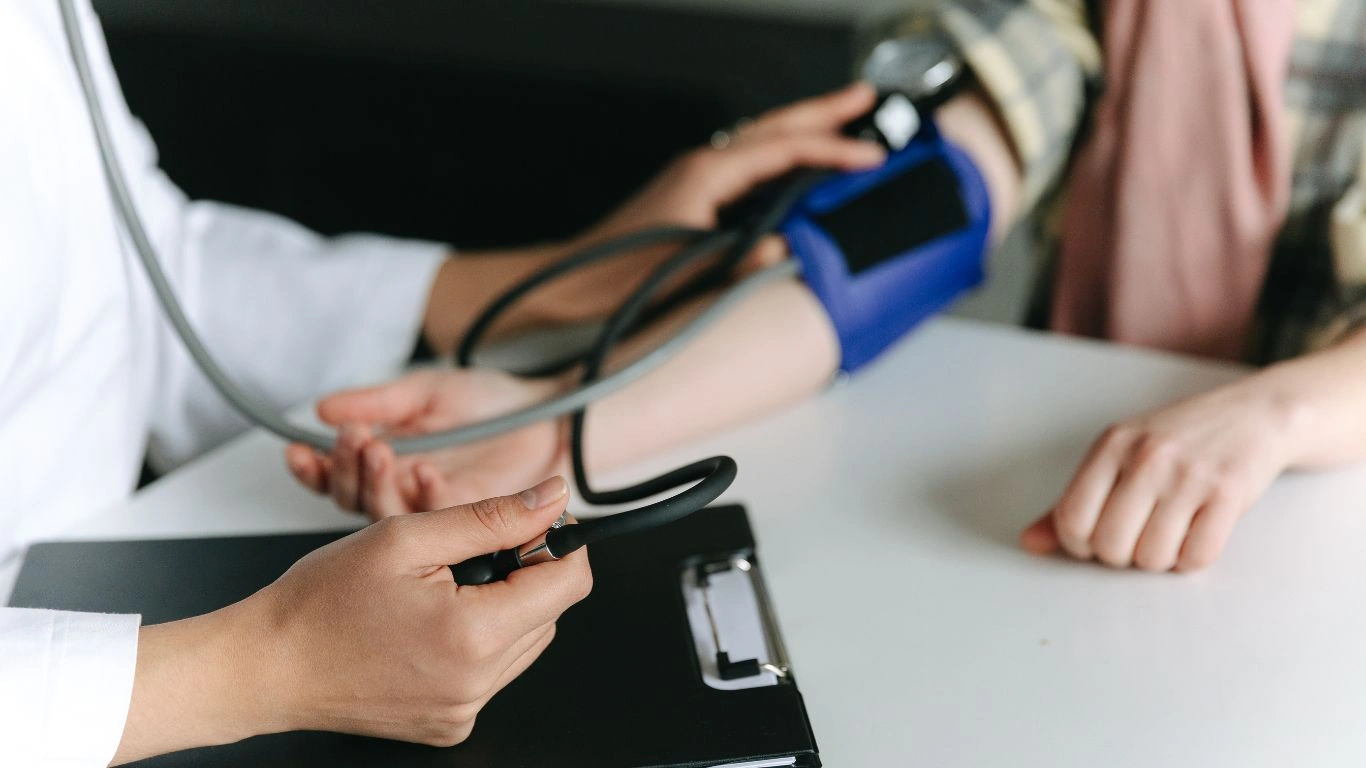
Hydration is just one part of managing hypertension, but the truth is, your lifestyle choices have a huge impact on both your hydration and your blood pressure. Over the years, I’ve noticed a common thread among my patients who successfully manage their hypertension: they don’t just focus on one thing—hydration, exercise, stress management, and nutrition all play a role. And when these things come together, they create a powerful synergy that can keep your blood pressure in check.
For instance, regular physical activity helps your heart pump blood more efficiently, which can lower your blood pressure. When you’re active, your body needs more water to stay hydrated, and if you’re drinking enough, you’re supporting your body’s ability to work at its best. The more I talk to my patients about this, the more they start to see how hydration and exercise are complementary, not separate aspects of their health.
Diet and Hydration: A Winning Combination for Blood Pressure
Another lifestyle factor that directly impacts your blood pressure is diet. I always stress to my patients that their hydration efforts should be paired with a diet that supports heart health. A diet rich in fruits, vegetables, whole grains, lean proteins, and low-fat dairy is essential for controlling high blood pressure. These foods are packed with essential nutrients like potassium, magnesium, and fiber—all of which work in tandem with proper hydration to keep your blood pressure levels stable.
But what about sodium? This is an important one, especially for anyone managing hypertension. Sodium can cause your body to retain water, leading to higher blood pressure. So, alongside your water intake, it’s wise to keep an eye on your sodium consumption. Most processed foods are loaded with sodium, so I always recommend reducing your intake of packaged snacks, fast food, and restaurant meals. You might be surprised how much sodium is hidden in your diet!
Alcohol and Caffeine: Moderation Is Key
Two other common culprits when it comes to managing blood pressure are alcohol and caffeine. In moderation, both can be part of a healthy lifestyle, but excessive consumption can contribute to elevated blood pressure. I’ve had many conversations with patients about the effects of alcohol on hydration, and the fact is, alcohol is a diuretic, meaning it causes your body to lose fluids. If you drink alcohol regularly, it can make it harder to stay properly hydrated, which is crucial for controlling blood pressure.
Similarly, while a cup of coffee or tea can offer a brief energy boost, too much caffeine can raise your heart rate and increase blood pressure. I’m not saying you have to give up your morning coffee, but if you’re drinking more than a couple of cups a day, it might be worth reducing your intake and monitoring how it affects your blood pressure.
Tracking Your Progress and Staying Accountable

One of the most effective ways to stay on top of your hypertension management is to track your progress regularly. If you’re not already monitoring your blood pressure at home, I highly recommend it. With a reliable home blood pressure monitor, you can check your levels at different times of the day and see how your lifestyle changes—like hydration, diet, and exercise—are impacting your blood pressure.
Many of my patients find it encouraging to see their numbers go down after they make consistent improvements to their hydration and lifestyle. Tracking your water intake can also help keep you accountable. There are plenty of apps out there that allow you to log your daily water intake, which makes it easy to ensure you’re staying hydrated throughout the day.
In addition to monitoring your blood pressure and hydration, keep an eye on how you feel. Are you noticing less fatigue? Fewer headaches? Are you feeling more alert and energized? These can all be signs that your hydration and overall health efforts are paying off. Hydration isn’t just about the numbers; it’s about how you feel too!
Consulting with Your Healthcare Provider
While all this advice is great, it’s important to remember that everyone’s body is different. It’s always a good idea to check in with your healthcare provider before making significant changes to your hydration routine, diet, or exercise plan—especially if you’re managing a chronic condition like hypertension. Your doctor can help you tailor a plan that works best for your individual needs and provide guidance on any potential risks or interactions with medication.
Additionally, your healthcare provider can offer insights on other factors affecting your blood pressure, such as stress, sleep, and genetics. I encourage you to have open, honest conversations with your doctor about your lifestyle and hydration habits so you can work together to create a well-rounded approach to managing your hypertension.
References and Further Reading
- Managing Hypertension through Lifestyle
- The Importance of Proper Hydration for Hypertension Control
- Diet and Exercise Tips for Managing High Blood Pressure
Disclaimer
The information in this article is intended for educational purposes only and is not meant to replace medical advice. Always consult your healthcare provider before making changes to your diet, hydration, or exercise routine, especially if you are managing a health condition such as hypertension. The author is not responsible for any actions taken based on the information provided in this article.

Dr. Gwenna Aazee is a board-certified Internal Medicine Physician with a special focus on hypertension management, chronic disease prevention, and patient education. With years of experience in both clinical practice and medical writing, she’s passionate about turning evidence-based medicine into accessible, actionable advice. Through her work at Healthusias.com, Dr. Aazee empowers readers to take charge of their health with confidence and clarity. Off the clock, she enjoys deep dives into nutrition research, long walks with her rescue pup, and simplifying medical jargon one article at a time.



